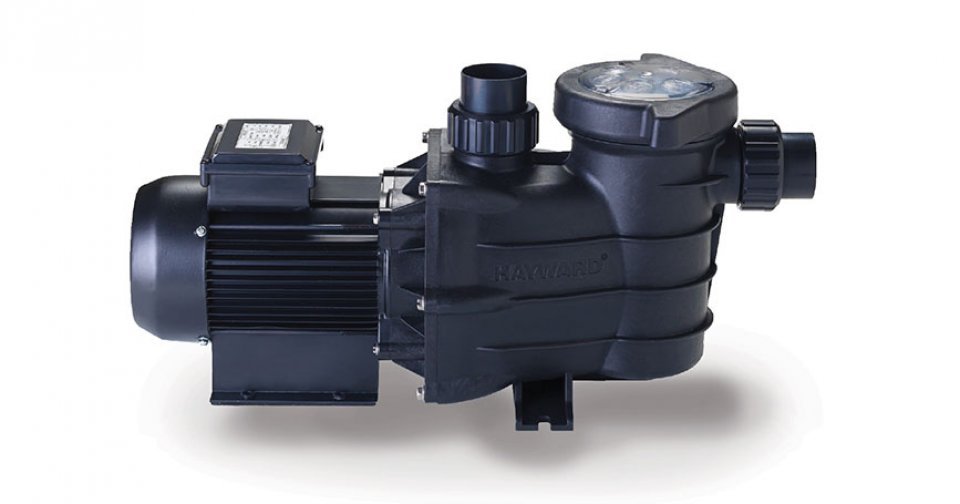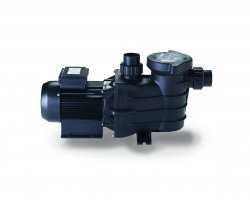When considering buying a pool pump, it’s best to do your homework before you start shopping. There are many factors that you’ll need to know in order to purchase the most efficient pump for your pool or spa, including size, energy rating, functionality and noise, but you’ll be a pool pump pro after reading our guide!
Generally, the smallest pump size (the lowest wattage) is not the best for your pool or spa, as an undersized pump won’t run effectively, risking damage and an unclean pool. You might be able to save $50 now, but it will cost you $100’s more to run every year.
Pool/Spa Volume
The quality of water in your pool starts with water turnover, or how long it takes to move all the water in your pool. This means the volume of your pool is a critical measurement you must get right. Your pump size needs to match the size of the pool. We suggest knowing the surface area, and/or length, width and depth dimensions (to the nearest metre), before you speak to a professional for an accurate measurement.
Plumbing
Know the layout of your pool plumbing, distances, other installed devices etc. This may require a conversation with the original installer but it will save headaches down the track. It’s worth knowing that the most efficient pool plumbing usually has pipes with a large diameter with as few bends as possible. Bent angles are most efficient if they’re wide, as pumps use the most energy to move water around corners.
Pump efficiency
Pumps can use 70 per cent of the energy associated with the cost of running a pool, so look for an energy efficient pump that will save on energy costs while maintaining pool hygiene. The energy rating of most modern pool pumps is listed on the government website here.
Opting for a pump with variable speed settings cater for different pool functions, which save on unused energy, saving you money. Shop for reputable, quality-engineered brands, like Hayward for the latest in technology. These days, you can buy digital pumps that are controlled by the switch of a button, which are more efficient, because after the heavy work of pool vacuuming is done, the controller on the pump will automatically adjust back to low speed for the filtration cycle.
Noise
Another thing to consider is the output noise of your pump. Purchase a pool pump that is quiet to run so you can run it during off-peak hours when electricity is cheaper, without being a hindrance to neighbours! Explore the range that can be found at your local Poolside Ivanhoe store here.




